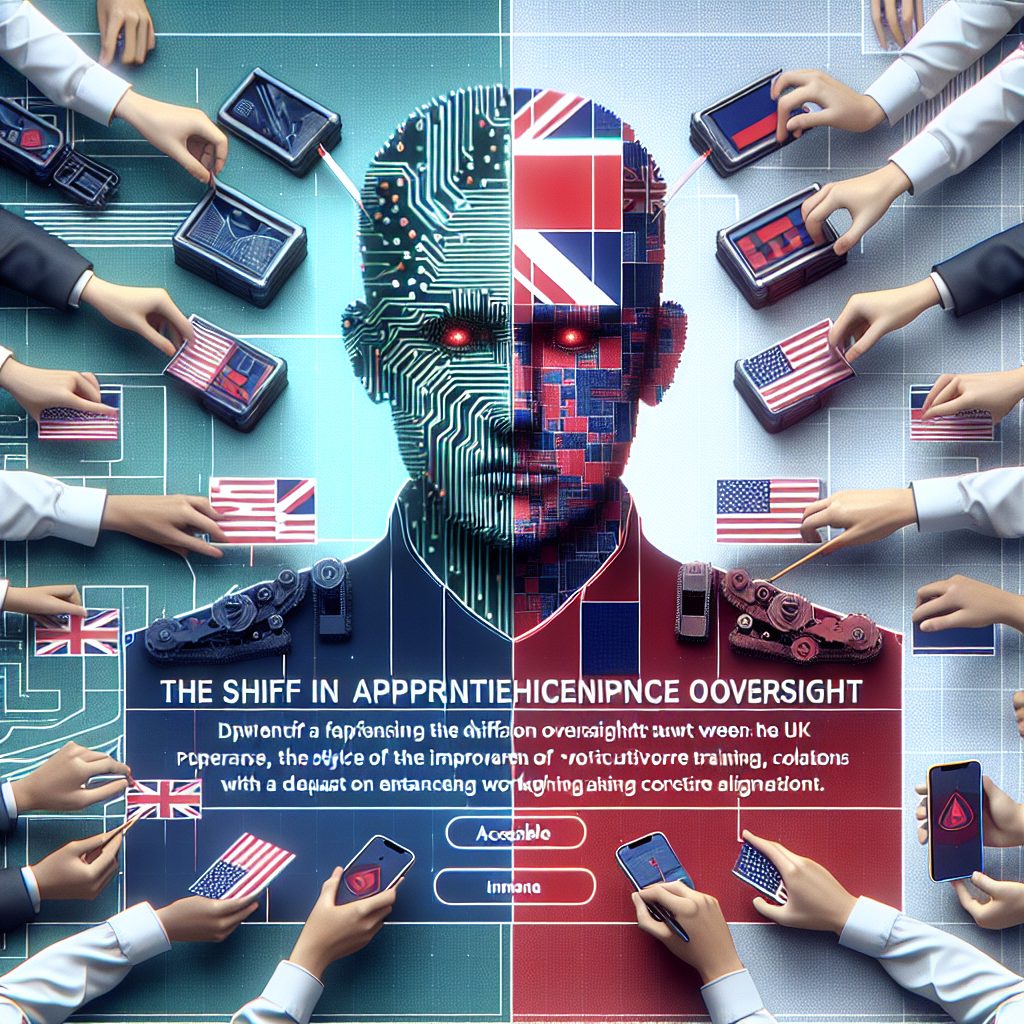
Addressing the Skills Crisis: Why Workforce Development Matters Now More Than Ever

Is Anyone Truly Paying Attention to the Skills Crisis in Our Country?
Let’s be honest for a minute. The skills crisis in the UK feels a bit like that elephant in the room that no one wants to acknowledge. It’s there, looming large, yet conversations about it seem to come and go without a second thought. And when significant shifts like moving Skills England to the Department for Work and Pensions (DWP) happen, you can’t help but raise an eyebrow. What’s going on here?
The Impact of Change
As someone who’s been fortunate to witness the evolution of our workforce, I can tell you—this is a pivotal moment. Skills development forms the backbone of our economy, and when responsibilities are shifted like this, it raises serious questions. Does anyone actually grasp the potential fallout? During one recent committee session, a working group from City Skills observed an MP’s look of surprise at the announcement. It spoke volumes about how swiftly decisions can happen without the necessary dialogue.
Why should we care? Well, first off, a well-trained workforce is crucial for economic growth. When we don’t invest in skills development, we risk haunting repercussions for businesses and innovation alike. It’s a domino effect; removing vital programmes can cause a cascade of issues. We’ve got young people entering the job market, and the last thing we want is for them to be ill-equipped for the roles that need to be filled.
Communication is Key
Communication is another vital piece of the puzzle. Consistent dialogue between various sectors is paramount to avoid service gaps that could cripple our workforce. If skills development is shoved aside, we risk creating a chasm between what employers need and what workers possess. And in a world that is constantly changing, we can’t afford to let our skills gap widen.
With so many voices in the room, it’s crucial we make sure ours is one of them. As citizens, we need to be advocates for a skilled workforce. But how can we ensure that skills remain a priority amidst these changes? That’s the million-pound question.
Finding Solutions Together
We need to rally around our educators, support training schemes, and push for policies that protect and promote skills development. This isn’t just about the young folks entering the job market but also about reskilling and upskilling those already in employment. Continuous learning should be the mantra of the day—jobs aren’t static anymore, and neither should our skills be.
Moreover, community engagement plays a pivotal role here. Businesses, local governments, and educational institutions need to collaborate. Just imagine the magic that can happen when we come together to create tailored training programmes that meet local needs. It’s about acknowledging the skills crisis and saying, “We can do better.”
A Personal Insight
Reflecting on my journey through the business world, I remember the moment I realised the importance of a skilled workforce. Early on, I struggled to find employees who could even meet basic requirements. It dawned on me then that investing in people is not just beneficial—it’s essential. Skills development isn’t just a box to tick; it’s fuel for innovation and growth in our economy.
Conclusion: A Call to Action
If we’re not discussing skills development, we’re essentially ignoring our future. We must hold our leaders accountable and ensure they prioritise skills development initiatives. So, the next time you hear someone mention changes in skills strategy, take a moment to reflect. Are we doing enough to advocate for our workforce?
Let’s not allow conversations about skills to slip under the radar. Here’s my question to you: how can you contribute to prioritising skills in your community? Your thoughts are welcome and worth sharing!
#SkillsDevelopment #Workforce #CitySkills




